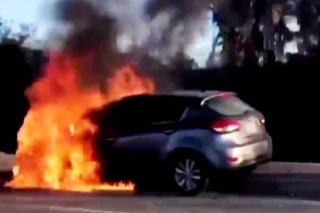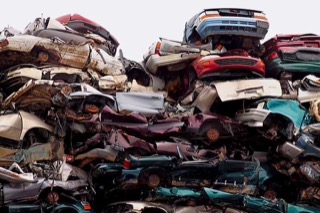Hyundai fire Problems
ABS Fire
There are a disturbing number of fires starting in the antilock braking system (ABS) of Hyundai vehicles. The fires start from short-circuits within the ABS due to liquid contamination and corrosion. At first the problem was li…
Continue reading article "ABS Fire"
What Are We Missing?
We know there's more problems than this. Let us know which one you'd like to see us cover next.
Continue